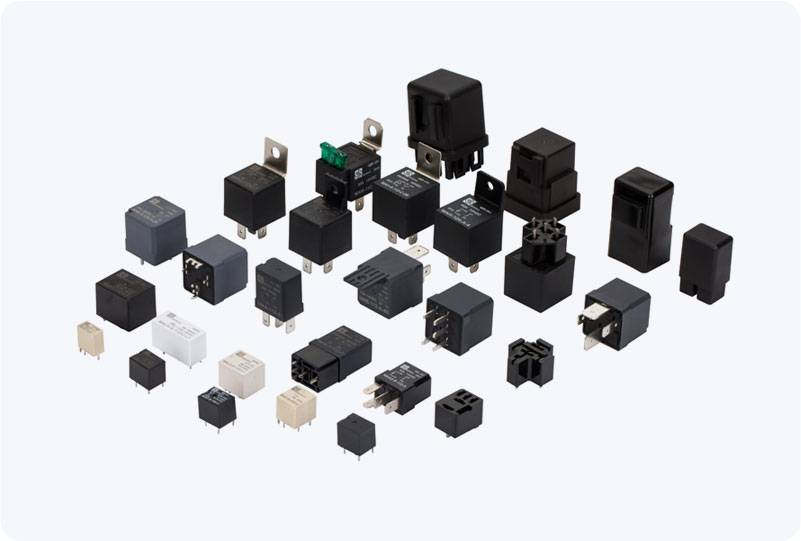yes, automotive relay coil specifications are an important aspect to consider when selecting and designing relays for automotive applications. these specifications typically cover the following key parameters:
Release time:2025-10-17 04:58:31
Coil Voltage: The voltage required to activate the relay coil. In automotive applications, common coil voltages are 12V and 24V, as these correspond to standard automotive electrical systems (12V for most passenger vehicles and 24V for commercial vehicles).

Coil Resistance: The resistance of the coil in ohms, which affects the current that flows when the coil is energized. Coil resistance influences the power consumption of the relay.
Coil Current: The current drawn by the relay coil when it is energized. This is typically calculated using Ohm’s law (I = V/R) and depends on the coil voltage and resistance.
Coil Power: The power consumed by the coil when it is energized, which can be calculated as P = V × I. This is usually low for
Automotive relays but should be taken into account to avoid unnecessary power consumption.
Pull-in Voltage: The minimum voltage required to energize the coil and activate the relay. If the voltage is below this value, the relay will not operate reliably.

